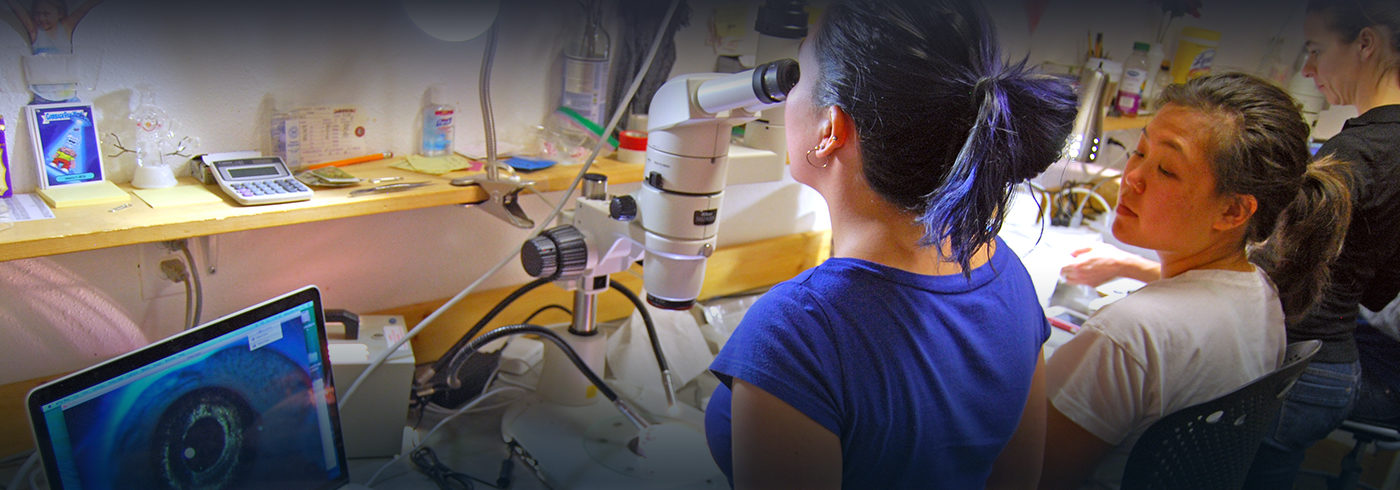RESEARCH LEADS
Jen McIntyre – Ph.D. Assistant Professor, Aquatic Toxicology
Tenure-track in School of the Environment (CAHNRS/CAS), stationed at Puyallup REC
Reports to Director of School of the Environment
Research: Stormwater runoff impacts on aquatic biota and biological effectiveness of green stormwater infrastructure solutions
Publications: 22 peer-reviewed research articles in scientific journals, 1 book chapter
Mentoring graduate students (current chair or committee member for 9 students)
Courses taught at WSU:
SOE 531: Fundamentals of Environmental Toxicology (Odd Winters)
SOE 532: Applied Environmental Toxicology (Even Winters)
SOE 476/576: Pacific Salmonid Behavior and Ecology (Fall)
Ani Jayakaran – Ph.D., Professor, Washington State University
The primary function of this position is to meet extension and outreach needs related to the use of low-impact development (LID) or green stormwater infrastructure (GSI) practices in the State of Washington. Extension and outreach efforts will be supported by a robust applied research program that will focus on the LID testing facilities at WSU Puyallup with the objective of generating critical information related to the design and maintenance of LID practices. Fact sheets, manuscripts, and graduate students will be supported through applied research grants.
Ph.D., Ohio State University – Agricultural and Biological Engineering
M.S., Ohio State University – Civil Engineering
B.E., Bangalore University, India – Civil Engineering
Professional Engineer (Civil) – Washington. License number 53011
Professional Engineer (Civil) – South Carolina. License number 30732
Professor- Tenured in the Agriculture and Natural Resources (ANR) Program Unit -WSU Extension
John Stark -Ph.D., Director WSC, Professor, Entomology and Ecotoxicology
John Stark is the Director of the Washington Stormwater Center. John is also a member of the Washington State Academy of Sciences. Additionally, John is a Professor and runs an Ecotoxicology Program at WSU. John’s research deals with the protection of endangered species and ecological risk assessment of pollutants with particular emphasis on the effects of pollutants on salmon and their food. Recent projects involve the determination of the effects of polluted stormwater runoff on salmon and invertebrate health. John has published over 135 peer-reviewed papers in scientific journals, numerous book chapters, and a book on ecological risk assessment entitled “Demographic Toxicity: Methods in Ecological Risk Assessment. John is tenured in the WSU Entomology Department but is assigned to the WSU Puyallup Research and Extension Center Unit. John reports to the Dean of CAHNRS and his position is split between administration (10%), research (40%), and extension (40%).
RESEARCH TECHNICIANS
Jill Wetzel – Scientific Assistant
Jill Wetzel is a Scientific Assistant in the Aquatic Ecotoxicology Lab, and is associated with the Washington Stormwater Center. She acts as the Lead Technician and is the Lab’s Safety Officer, coordinating the use of the Lab’s resources with grad students, PI’s and partner organizations. She assists with research in the Lab, from general experimental design, training, construction, ordering supplies, and end of project life, among other duties. She also takes care of the salmon at the direction of retired veterinarian Oriki Jack, and the zebrafish with her fellow tech, Emma Mudrock.
Oriki Jack – DVM
Dr. Jack works on maintaining salmon and Daphnia cultures. Additionally, he conducts research projects on various issues dealing with environmental pollutants and aquatic organisms.



